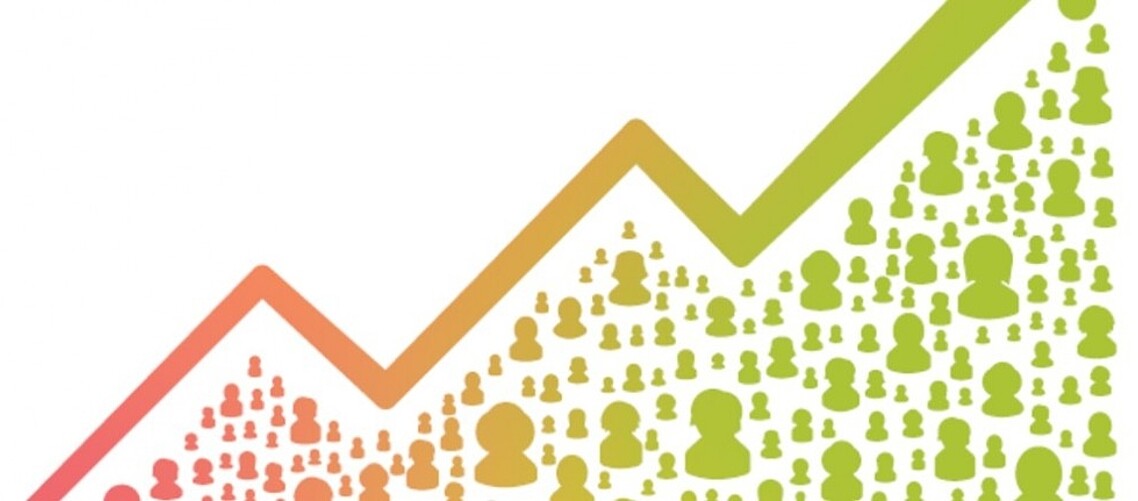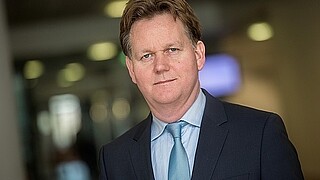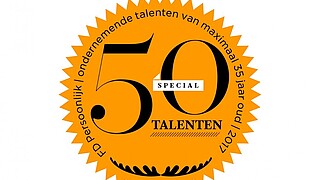The WEF’s Inclusive Development Index 2017 ranked 103 countries, and its main findings were:
1. The Netherlands achieved a relatively high score for economic growth and tackling inequality, but the level of inequality increased.
The Netherlands was ranked seventh in the WEF Inclusive Development Index 2017. Elements including relatively low levels of income inequality and poverty and a relatively high standard of living contributed to this ranking. However, in the period 2010-2014, the Netherland’s overall score on this index fell by 1.7 per cent. This is a substantial fall, in comparison to other countries. In particular, negative developments were noted in the areas of employment and poverty rates. As a percentage of the population, the number of people in employment fell by two per cent in the period 2010-2014, although recent figures show these numbers have since improved significantly.
According to the WEF standard, the number of people living in poverty rose by 1.2 per cent in the period 2010-2014. “Given its seventh position, the Netherlands has a relatively good basis regarding the combination of economic growth and tackling inequality,” says Professor Volberda. “However, the Netherlands should ensure that it doesn’t decline any further.” In this context, Volberda says it is vital that steps are taken to tackle unemployment and reduce the number of people living in poverty. “Luckily, recent figures have demonstrated that the Netherlands has been extremely effective in reducing unemployment,” he adds.
2. Norway, Luxemburg and Switzerland head the index: they demonstrate relatively high economic growth in combination with relatively low inequality.
Of the 103 countries surveyed, Norway was ranked first in the Inclusive Development Index 2017. Luxemburg and Switzerland followed in second and third place, respectively. Norway has relatively strong mechanisms promoting fair remuneration in combination with relatively effective social protection. It also has a relatively low level of unemployment, and a relatively high percentage of women in the workforce.
Luxemburg has a relatively high gross domestic product (GDP) per head of the population (US$106,409) and the median household income is also relatively high (US$58,800), while, as a percentage of GDP, the national debt is relatively low (21.5 per cent) and, at 43.7 per cent, the number of people outside the workforce (younger than 15 or older than 64) is also relatively low compared to the working population.
Switzerland is characterised by robust economic growth and employment levels, high living standards, relatively effective environmental protection and a relatively high degree of intergenerational equality.
“When looking at the rankings, it’s worthwhile looking beyond economic indicators alone,” says Henk Volberda. “Economic growth and tackling inequality can go hand in hand. This idea is a topical but challenging issue. But the report reveals that, in several countries, there is still a discrepancy between the attention paid to economic growth and the attention paid to tackling inequality.”
3 The level of inequality rose in 51% of the 103 countries surveyed.
Of the 103 countries, 51 per cent saw their score on this index decline during the period 2010-2014. In 42 per cent of the countries, the level of inequality rose, despite the GDP per inhabitant rising. The latter development is partly due to an increase in the unequal distribution of wealth. In various countries, such as New Zealand and South Korea, relatively strong emphasis was placed on reducing inequality in relation to economic growth. In countries such as Brazil, Ireland, Japan, Mexico, Nigeria, South Africa, and the USA, it was quite the opposite. In Henk Volberda’s opinion, these findings illustrate that: “In the advanced countries, there is no automatic emphasis on tackling inequality vis-à-vis promoting economic growth.”
The research institute INSCOPE - Research for Innovation is under the direction of Henk W. Volberda, professor of strategic management and business policy at RSM. INSCOPE is a partner institute of the World Economic Forum.


